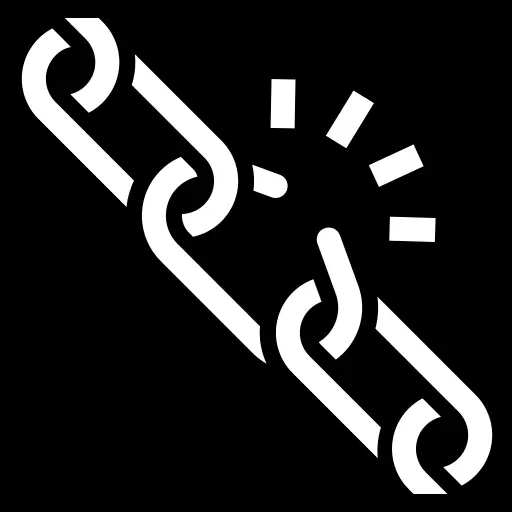I feared he would be martyred, when he returned to Russia after getting poisoned by the FSB and helping Bellingcat track down the agents who poisoned him (nobody in power did anything about them). Back then, his life was saved by a pilot deciding to make an emergency landing and a doctor suspecting a neurotoxin.
What finally took his life will be difficult to ascertain due to lack of transparency - a remote location, an extremely authoritarian system, war, politically controlled law enforcement and courts. Still, a day before death, Navalny appeared in court for another potential addition to his already 19-year sentence - in good spirits.
During Navalny’s imprisonment, the regime made a sustained effort to break that spirit, issuing a constant stream of disciplinary punishments (a total of 27 times): for not placing his hands behind his back, for incorrectly introducing himself, for uttering a profanity, for failing to clear leaves in the yard, for citing the European Court of Human Rights’ demand for his release, for addressing the guard without using a patronym, and for declining to wash the fence.
They also transfered him to the far north and previously used sleep deprivement against him. I tend to assume that they also killed him, either directly or indirectly.
He was definitely not the perfect politician, but did things which a common politician never dares to do, which suggests having some principles. When they came for anarchists, he didn’t forget them, but also spoke for anarchists.



I did not admire him, but did respect him for growing a spine.
I would say - his early political career was tarnished by populism. His first response to the war between Georgia and Russia (characterized by escalation by both sides) was a misguided kneejerk reaction - he was not a competent politician back then.
His responses to the 2014 events in Ukraine are already smarter: a realization that Western sanctions were not serious provoked Navalny to suggest improved sanctions, a realization that Putin had gained great popularity by annexing Crimea caused Navalny to give ambiguous answers to questions about returning Crimea (he suggested a new referendum instead) and finally a realization that relations with Ukraine had been damaged for centuries, resulted in Navalny criticizing Putin for destroying friendly relations. I don’t think he was a Russian chauvinist at that point (could have been earlier, though). It seems that he viewed Russians and Ukrainians as brothers, likely because his father was from Ukraine. As a result of Putin’s actions, soon enough, reality no longer accommodated that viewpoint.
At some point he started playing hardball and taking risks. Perhaps when Boris Nemtsov was murdered in 2015, perhaps at some other point…
…I think Navalny chose anti-corruption for his banner because polls showed that people cared about corruption - viewed it as a threat to leading a normal life - and those in power were setting records in corruption. I think he didn’t choose a more noble banner because polls also showed that people didn’t care about principles (I recall a Levada poll where 25% were concerned about corruption, but only 3% about democracy and human rights).
When other oppositoners started going to prison and dying, I think Navalny realized that he needed to help eveyone who opposed Putin. While doing that, he ended up doing provocative things that he was blamed for - like helping far-righters get a permit for a march in Moscow. I would characterize his role as a lawyer - he was a lawyer by education too. When government caused problems for someone, he tried to support these folks, largely without regard to their ideology - as long as they were opponents of Putin.
As for him and anarchists, he couldn’t help them much, but didn’t stay silent. When the “network” trial ended with convictions in Penza, Navalny commented:
(he was correct, the accused were indeed tortured)
That’s alarming that he helped fascists, but it’s nice to hear he spoke the truth about the tortured anarchists.
Thanks for sharing.